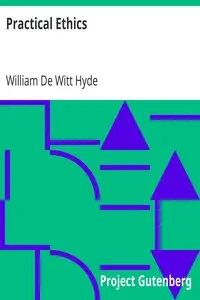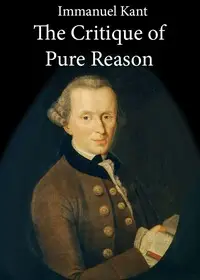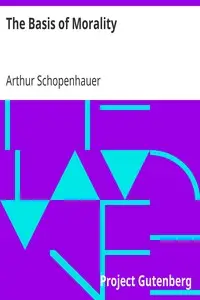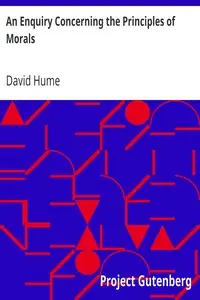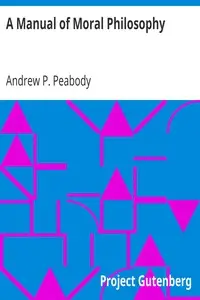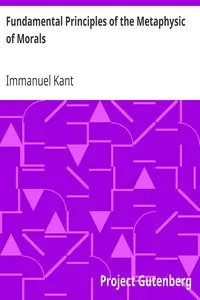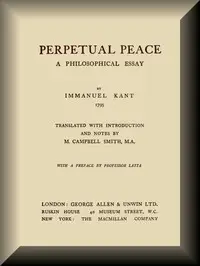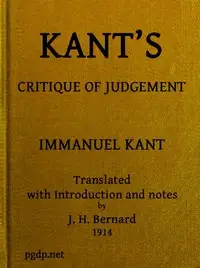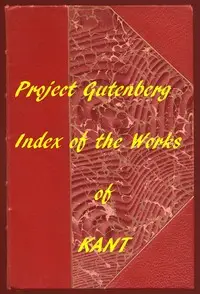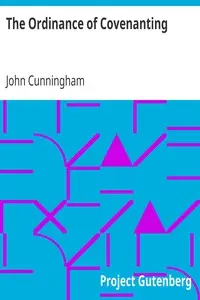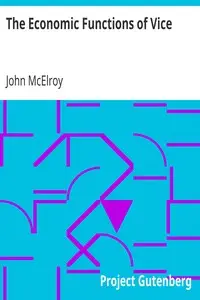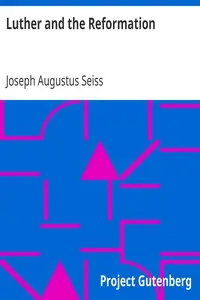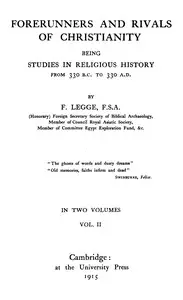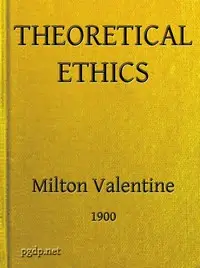"The Critique of Practical Reason" by Immanuel Kant is a journey into the core of moral philosophy, penned in the 1700s. This piece takes a look at how practical reason shapes our will and moral codes. Kant discusses ideas like freedom, duty, and the rules that guide morality, working to build a system where morality comes from our ability to reason, not just what we experience or guess. Beginning with the importance of practical reason, the book stresses how it sets moral standards for our behavior. It suggests that moral rules should be built on pure logic instead of personal wants or real-world situations. According to Kant, true moral rules are commands that must always be followed and emphasizes that we must have control over our own actions and that these rules apply to everyone. The text also sets out to correct common misconceptions about morality, like it being related to self-interest, and supports the idea that our moral duties are based on reason and surpass simple desires.
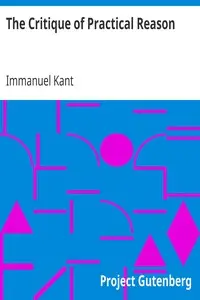
The Critique of Practical Reason
By Immanuel Kant
Explore the foundations of right and wrong, and discover how our capacity for rational thought dictates our actions and shapes a universal understanding of ethical behavior.
Genres
Released
2004-05-01
Formats
epub3 (images)
epub
mobi
mobi (images)
epub (images)
txt
Free Download
Summary
About the AuthorImmanuel Kant was a German philosopher and one of the central Enlightenment thinkers. Born in Königsberg, Kant's comprehensive and systematic works in epistemology, metaphysics, ethics, and aesthetics have made him one of the most influential and controversial figures in modern Western philosophy. He has been called the "father of modern ethics", the "father of modern aesthetics", and for bringing together rationalism and empiricism has earned the title of "father of modern philosophy".
Immanuel Kant was a German philosopher and one of the central Enlightenment thinkers. Born in Königsberg, Kant's comprehensive and systematic works in epistemology, metaphysics, ethics, and aesthetics have made him one of the most influential and controversial figures in modern Western philosophy. He has been called the "father of modern ethics", the "father of modern aesthetics", and for bringing together rationalism and empiricism has earned the title of "father of modern philosophy".
Total Reviews
10.0k
Total reviews from Goodreads may change


